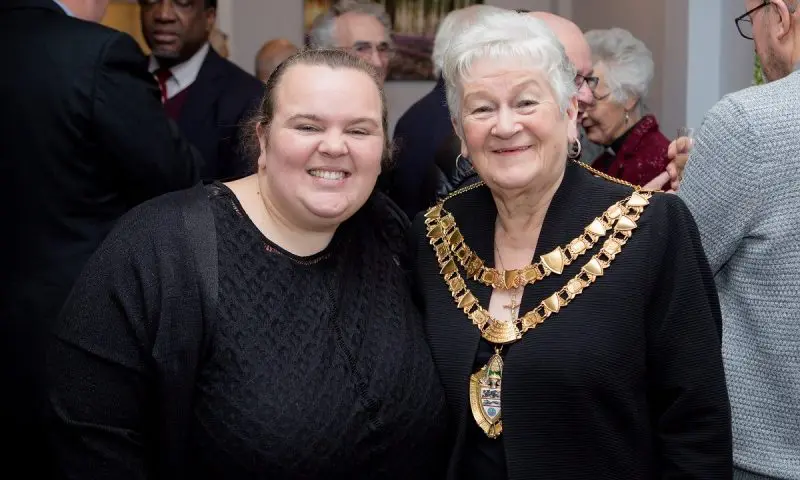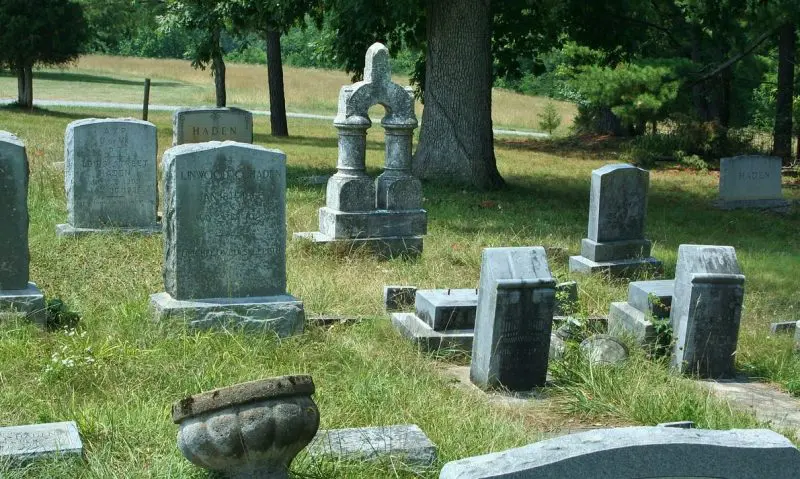Register to get 5 free articles
Reveal the article below by registering for our email newsletter.
Want unlimited access? View Plans
Already have an account? Sign in
The Scottish government is expected to help 40 percent more people on low incomes to pay for funerals with the introduction of the Funeral Expense Assistance (FEA).
Brought in to replace the current DWP Funeral Payment, the new benefit will be delivered through Social Security Scotland by summer 2019. Following a 2016 consultation on social security in Scotland, some 40 percent more people are expected to be eligible for the new benefit.
The payment has three elements:
- Burial or cremation costs
- A flat rate payment towards other expenses for example, funeral director fees, coffin, flowers
- Certain transport costs
The average DWP Funeral Payment was £1,372 in 2017/18.
Social security secretary, Shirley-Anne Somerville, said: “Coping with the death of a loved one is one of the most tragic events any of us can face. At that difficult time, it’s even harder when there’s extra stress finding the money to pay for a funeral. Our Funeral Expense Assistance will increase eligibility by around 40 percent and so reach far more people struggling with the costs, and is backed by around £2m additional funding.
“Help will be provided towards burial or cremation costs, certain transport costs, plus £700 for other costs such as funeral directors fees or flowers. We have committed to annually uprating the £700 to take account of the impact of inflation – something the UK government has not done since 2003.”
She added: “This is a demand led benefit and forecasts are that we will spend £6.3m in the first full year of operation – 25 percent more than the DWP spent on this benefit in 2017/18. And like the Best Start Grant, we will encourage people to apply and get this financial support to people who need it most.
“I am pleased that this benefit will be available later this year and will deliver an improved scheme to help those on lower incomes pay for the cost of a funeral. This fits well with our wider work to tackle funeral poverty and the cost of funerals.”




















